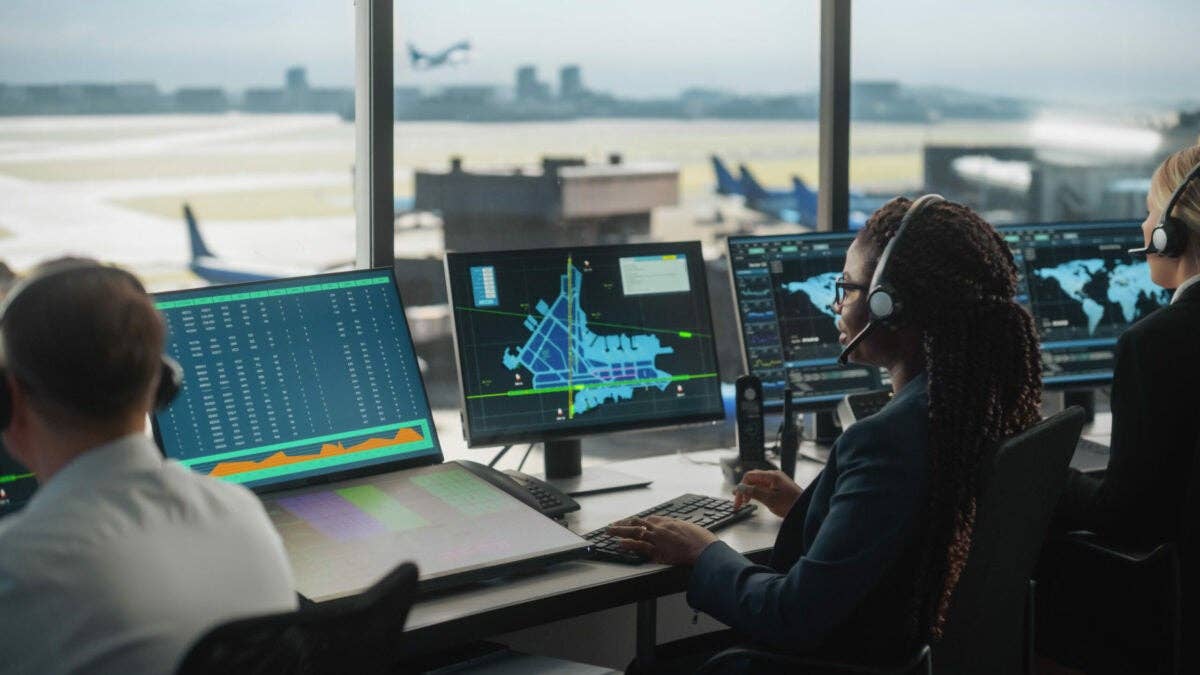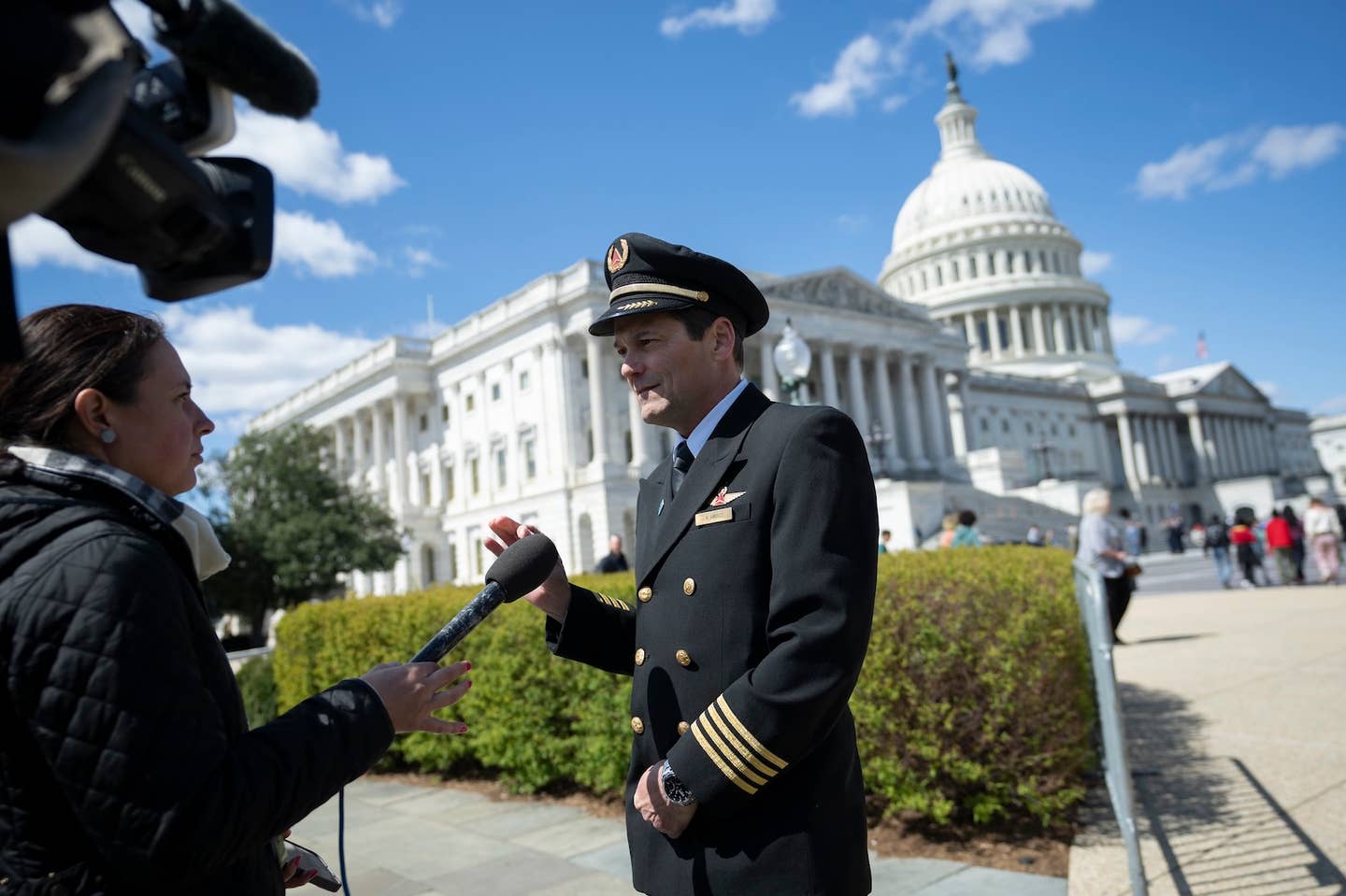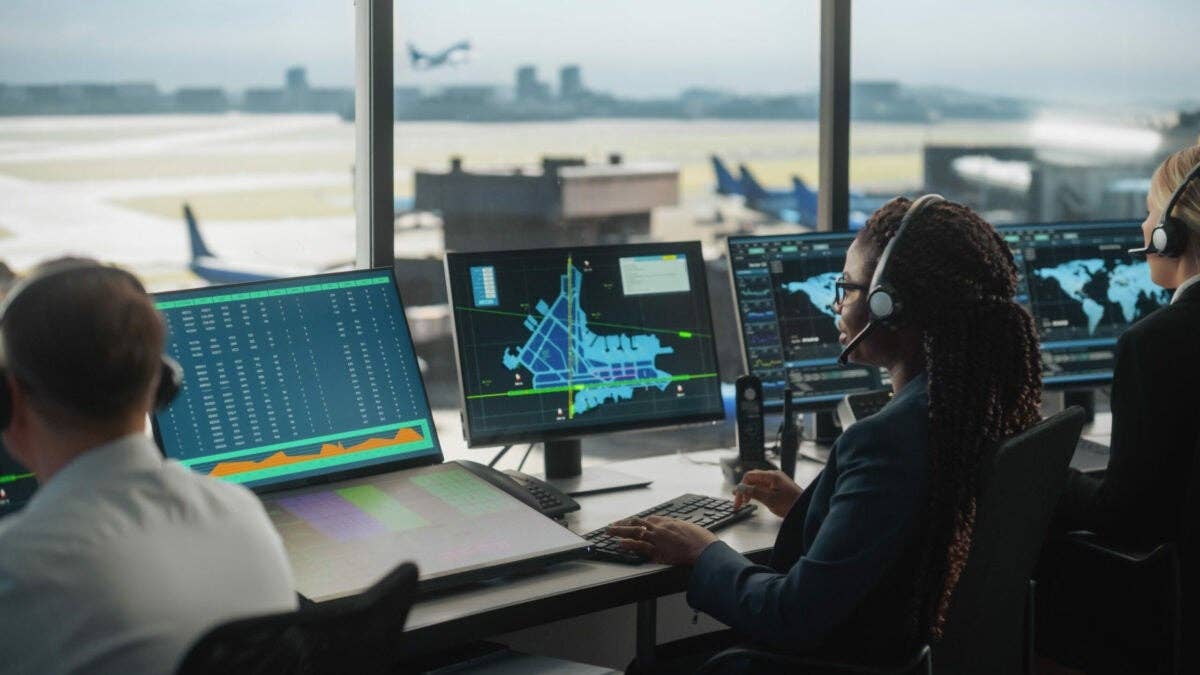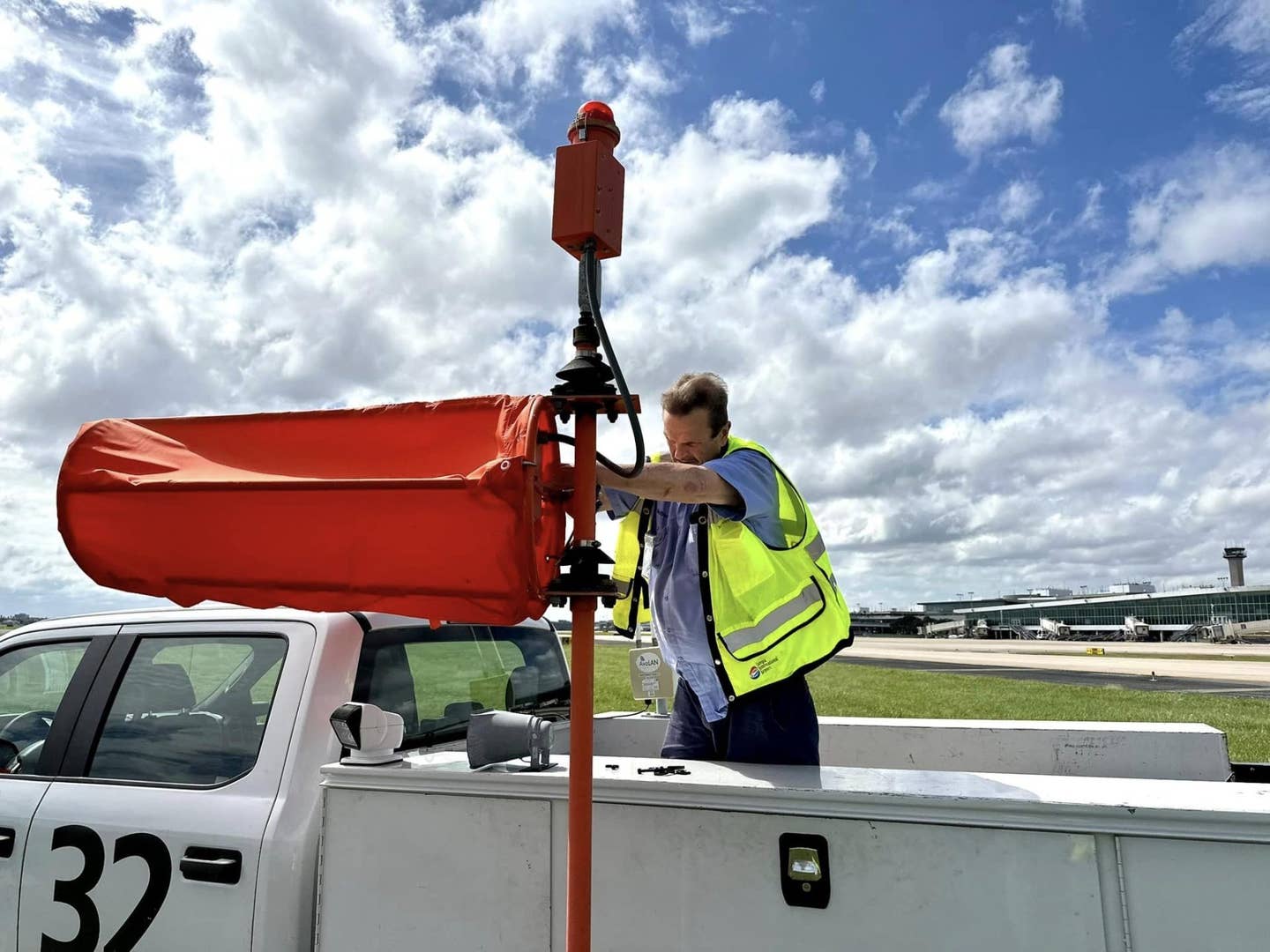How to Ace an Airline Interview by Telling a Good Story
A professional pilot offers tips for when you’re given an opportunity to talk about your life and career.
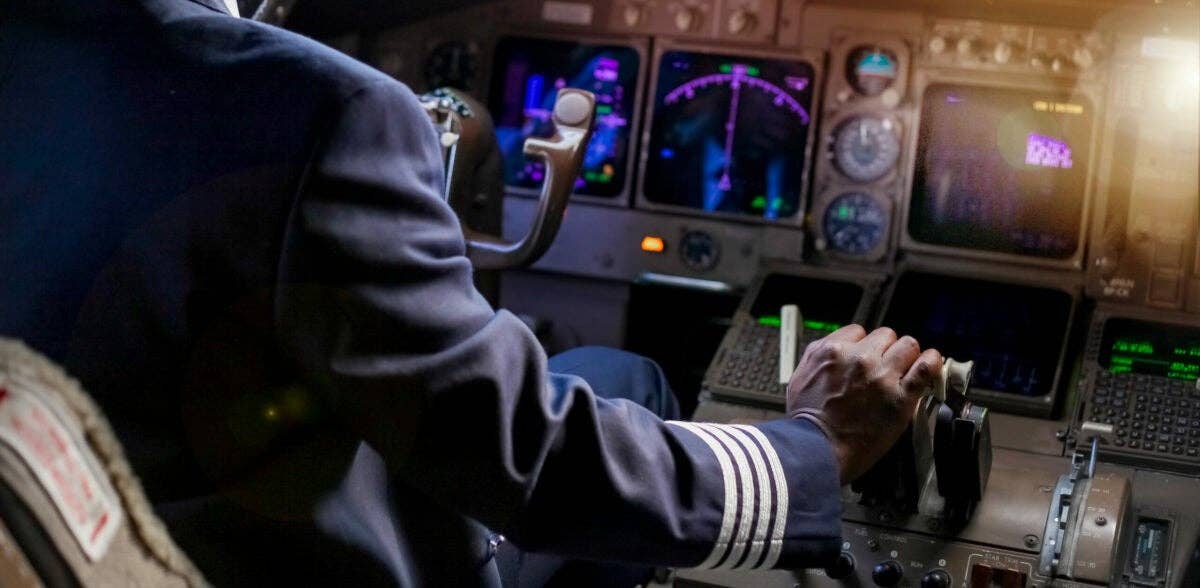
Airlines are starting to be more choosy about who they hire, making job-hunting and interviewing skills important. [File photo/ Shutterstock]
With the easing of the pilot shortage, many employers are starting to be more choosy about who they hire, and job-hunting and interviewing skills are once again becoming more important. No longer can you expect to just show up and fog the proverbial mirror. You need to put time and effort into preparing yourself for the interview.
I’ve written about this process in broad terms before, but there is one aspect I would like to focus on: honing your ability to tell a good story and refining your repertoire of stories for interviews.
Most aviation interviews include a group chat that may include chief pilots, check airmen, recruiters, HR reps, line pilots, and perhaps even nonpilot employee representatives. This is commonly referred to as the panel interview, and for many pilots, it is the most stressful part, especially if the panel is large. Many of the questions during the panel interview take the form of, “Tell me about a time you…," and you are expected to reply with a short illustrative anecdote from your career or life.
Some people were born with a natural gift of gab—many of us were not. That’s OK. You weren’t born with the natural ability to fly, either—you gained the skill the hard way, through learning, practice, and experience. Talking about yourself in a relaxed, authentic manner is a skill like any other. It can be taught, learned through trial and error—or for the lucky few, acquired by osmosis, by growing up around other good storytellers and subconsciously adopting their techniques. Most of us get better at it throughout our lives because we accumulate more interesting stories and tell them enough times to hone them well.
This isn’t something that you can pick up the night before your interview. If you’re only belatedly finding out about the panel interview and you have one next week, best arrange for a jam session with an aviation interview prep service, such as Cage Consulting or Emerald Coast. This isn’t a bad idea anyways, because most people are poor judges of how they sound and look to others.
Less expensively, but also less expertly, you can rope your friends or colleagues into being your practice audience and giving you feedback. This can be a fruitful (and FAA legal) use of free time in cruise flight. But if you’re shy and prefer to judge yourself, a GoPro or other camera set up on a tripod at eye level and 10 feet away will be brutally honest. The main thing is to make a conscious effort to practice. It's best to start early.
- READ MORE: After a Training Fail, What Comes Next?
If you “got the gouge” for a particular employer’s interview, you’ll have an idea of what questions they may ask, but they’ll likely switch up things on occasion, and there’s a good chance you get at least one completely random question. Rather than focus on specific questions, you should develop a repertoire of stories concerning a broad range of events throughout your life and career.
Your stories should, whenever possible, be no longer than two or three minutes long. A good story will include a brief setup, a well-paced narrative, and a definitive conclusion. You should obviously avoid stories that paint you as a clueless lout, but they should show humility and growth. A bit of humor of the self-deprecating variety is often helpful. I’ve often joked that I never let the truth get in the way of a good story, but interview stories should be mostly true. Outright fabrications are usually glaringly obvious. Paring details for the sake of narrative and brevity, however, is both expected and necessary.
Often the panel’s questions are of a sort that could be seen as an invitation to talk about the deficiencies of former employers or coworkers (“Tell me about a time you disagreed with a supervisor.”) Don’t fall for this trap: Your overall tone should be positive and focus on your own actions, deficiencies, growth, and strengths. The last thing you want to show is simmering resentment. When a story necessarily involves a company or supervisor doing something underhanded, unsafe, or illegal, do not name them. On the other hand, liberally name mentors, coworkers, and supervisors who have been a positive influence. There’s a decent chance someone on the panel knows them.
Your stories shouldn’t all be aviation-related. Many of the questions won’t directly concern flying, and using anecdotes from your life outside of aviation can help demonstrate a wider variety of interests and talents. This can be particularly helpful when the panel includes nonpilots. In that case, you should also limit your technical jargon or include explanatory asides.
When telling your stories, try to appear relaxed even if you’re not, and try to sound like you haven’t rehearsed even though, ideally, you have. The trick is to write down only the outline, and then never tell the story exactly the same way twice. Pretend you’re telling it at a bar, and the next time at church, and the next time on a date. Use a timer and work out the ideal pacing. Try to eliminate “uhs” and “umms,” inserting pauses instead where needed. As you become more comfortable with a story, incorporate natural-feeling hand gestures, and use a camera to check your corresponding facial expressions.
Here are some sample questions to get you started at developing your repertoire of stories. I’ve included a version of a story I’ve told in several interviews as well, as an example.
- “Tell me about a time you helped a coworker.”
- “Tell me about a time you were interviewed and didn’t get hired for a job.”
- “Tell me about a time that a coworker made you uncomfortable.”
- “Tell me about a time you solved a difficult problem.”
- “Tell me about a time you felt out of your depth.”
- “Tell me about a time you failed a test or course.”
- “Tell me about your proudest moment.”
- “Tell me about a time you broke a FAR.”
- “Tell me about a time you were uncomfortably low on fuel.”
- “Tell me about a time you declared an emergency.”
- “Tell me about a time you diverted to an alternate.”
- “Tell me about a time you thought the system was unfair.”
- “Tell me about a time you disagreed with a dispatcher (supervisor of flight, etc.).”
- “Tell me about a time you had a conflict with a [captain/first officer].”
- “Tell me about the best job you ever had.”
- “Tell me about a time you stayed at a job you disliked.”
- “Tell me about a time you witnessed sexual harassment/racial discrimination.”
- “Tell me about the best teacher you ever had.”
- “Tell me about a time the customer was wrong.”
- “Tell me about a time you went above and beyond.”
- “Tell me about a time you were scared.”
- “Tell me about a time you were fatigued.”
- “Tell me about a time you grounded an unairworthy airplane.”
- “Tell me about a time you were asked to do something illegal or unsafe.”
An example of my response:
“Early in my career, I was flying canceled checks at a Part 135 company that’s no longer in business. They were sort of a mom-and-pop, fly-by-night operation, and they were nice people and tried hard, but you never knew if your next paycheck was going to clear. Anyways, late one night in Las Vegas, I had an electric fuel pump fail on a Piper Navajo, and, since that’s a nondeferrable item, I called my boss, who we’ll call Jim, at 2 a.m. I woke him up, and he was understandably grumpy, telling me to just open the fuel cross-feed, use the left electric fuel pump to start the right engine, and then press on to Burbank on the engine-driven pump.
"I thought about it for a second and realized, yes, that would work—but it was pretty severely illegal and would also leave me with a single point of failure in a heavy airplane over high terrain. I told Jim that and said I wasn’t willing to do it. He just growled, ‘Fine. Don’t move. I’ll be there in three hours,’ and hung up.
"Sure enough, just as the sky is getting light, Jim roars up with another Navajo, gets out without a word, and starts tossing bags out of my plane. I join in and a few minutes later we’re panting next to a small mountain of bank bags and Jim just points at them, grunts, 'Take those to Burbank,' jumps in the broken Navajo, and blasts off. I was pretty shaken up. The whole way to Burbank, I was wondering if I just got myself fired.
"The next day I came to work half expecting to be sent home, and I was kinda OK with that. I'd thought about it during the night and decided that no job was worth my life or my certificate and that I didn’t want to work for anyone who required me to put either at risk. The funny thing is, Jim greeted me cheerfully and didn’t say a single word about the incident. In fact, he never mentioned it again. I think once he calmed down and had some time to think about it, he realized he’d rather have a safety-conscious pilot than a risk-taker even if it was occasionally inconvenient. Since then, whenever I have to make a hard decision that I know might upset coworkers or supervisors, I think back to that night in Las Vegas.”

Sign-up for newsletters & special offers!
Get the latest FLYING stories & special offers delivered directly to your inbox


